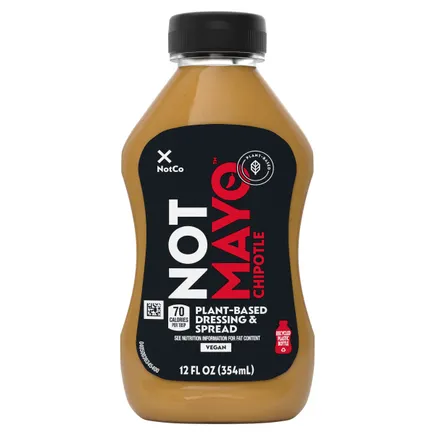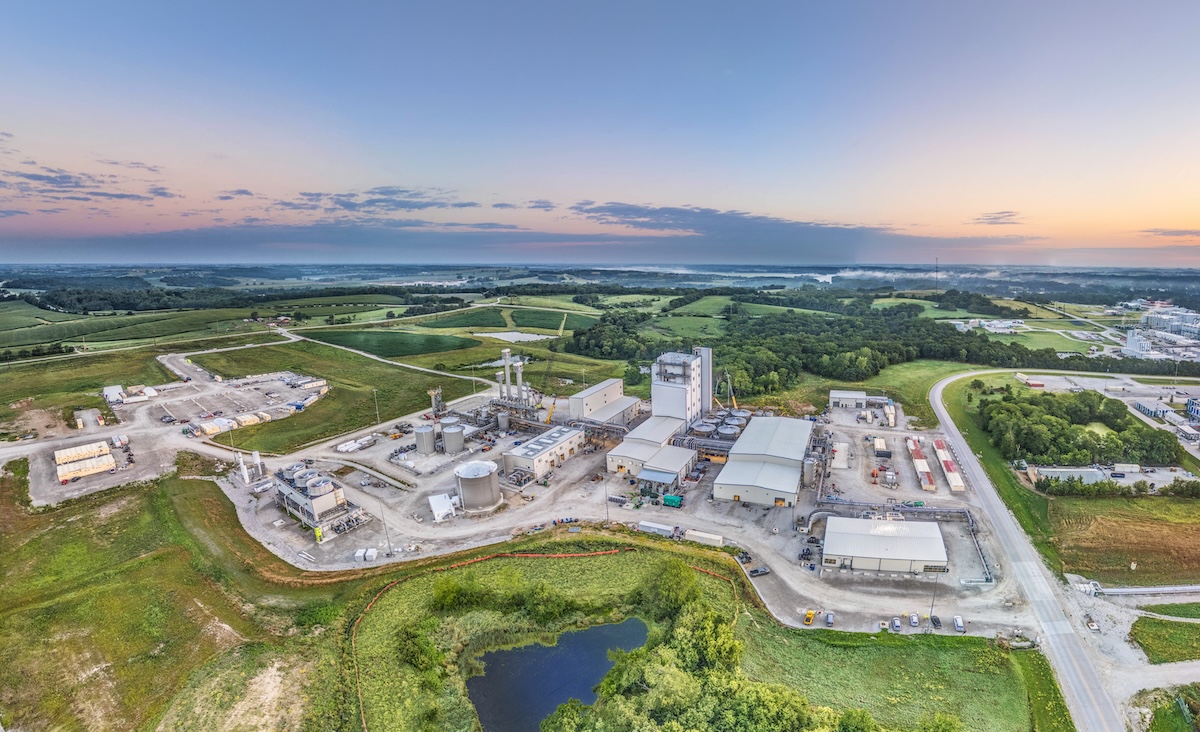Summary
Kraft Heinz first partnered with NotCo in 2022. Since then, the companies have introduced several plant-based products, including mayonnaise, sliced cheese, Mac & Cheese and Oscar Mayer hot dogs. Its plant-based mayonnaise debuted two years ago.
Source: Food Dive

AI News Q&A (Free Content)
Q1: What are the latest innovations in the plant-based food sector, specifically from the partnership between Kraft Heinz and NotCo?
A1: Kraft Heinz and NotCo have collaborated since 2022 to introduce a variety of plant-based products, including mayonnaise, sliced cheese, Mac & Cheese, and Oscar Mayer hot dogs. This partnership has focused on leveraging NotCo's AI technology to create plant-based alternatives that mimic the taste and texture of traditional products, thus appealing to a broader consumer base.
Q2: How has the plant-based food market evolved in recent years, and what role does innovation play in this sector?
A2: The plant-based food market has seen significant growth, driven by consumer demand for healthier and more sustainable food options. Innovations, particularly in business models focusing on value proposition and delivery processes, have been crucial. Companies are increasingly adopting digitalization and e-commerce to reach wider audiences, and there is a notable shift towards sustainable practices to cater to environmentally conscious consumers.
Q3: What are the health benefits associated with consuming plant-based foods, according to recent scientific studies?
A3: Recent research in biomedical literature highlights that plant-based diets can lead to better health outcomes by reducing the risk of chronic diseases such as heart disease, diabetes, and obesity. Plant-based foods are typically rich in fiber, vitamins, and antioxidants, which contribute to overall health and well-being.
Q4: What challenges do companies face in producing plant-based products that appeal to traditional consumers?
A4: One of the main challenges is replicating the taste and texture of animal-based products. Companies like Kraft Heinz and NotCo are using advanced technologies, such as AI, to improve the sensory attributes of plant-based foods. Additionally, the sourcing of high-quality plant ingredients and maintaining competitive pricing are significant hurdles in this rapidly growing market.
Q5: How does the innovation in plant-based food products align with sustainability goals?
A5: Plant-based foods generally have a lower environmental impact compared to traditional meat products, as they require fewer resources like water and land and produce less greenhouse gas emissions. Innovations in this sector aim to further reduce the carbon footprint by optimizing supply chains and incorporating sustainable packaging solutions.
Q6: What impact do plant-based foods have on the food supply chain, according to recent scholarly articles?
A6: Innovations in plant-based foods are reshaping the food supply chain by introducing new business models that emphasize sustainability and efficiency. These changes are driven by technological advancements and consumer demand for transparency in sourcing and production processes. The shift towards plant-based diets is encouraging suppliers to adapt their offerings and logistics to meet the changing market dynamics.
Q7: What are the potential risks associated with plant-based food packaging, and how are they being addressed?
A7: Recent studies have identified risks related to the migration of endocrine-disrupting chemicals from food packaging into plant-based foods. These chemicals, such as phthalates and bisphenols, can have adverse health effects. Efforts are underway to develop safer packaging alternatives and to implement stricter regulations to mitigate these risks and ensure consumer safety.
References:
- Kraft Heinz, Wikipedia
- Application of Clustering Analysis for Investigation of Food Accessibility, Arxiv.org
- Food Supply Chain and Business Model Innovation, Arxiv.org
- Food Supply Chain and Business Model Innovation, Arxiv.org
- Phthalates, bisphenols and per-and polyfluoroalkyl substances migration from food packaging into food: a systematic review, published by De Gruyter, Berlin/Boston





